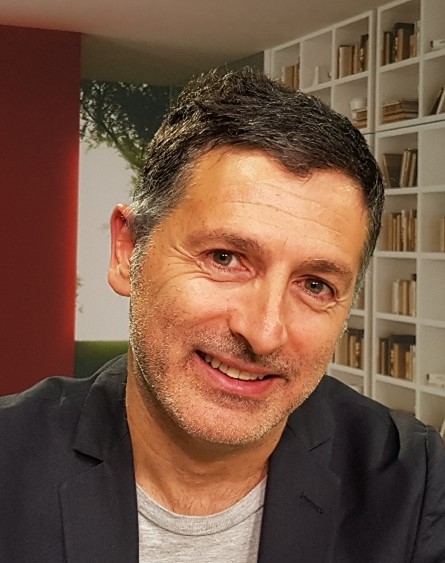
Giovanni GANINOResearcher
Ph.D. in Education Sciences. Researcher in experimental pedagogy at the humanities department of the University of Ferrara.
He combines university research and teaching activities in theories and technologies of e-learning, digital education, media education, cognitive processes and multimedia learning, and inclusive technologies.
The research activity has resulted in the publication of 7 monographs, about forty scientific articles for national and international journals, participation in conferences, and international research projects.
